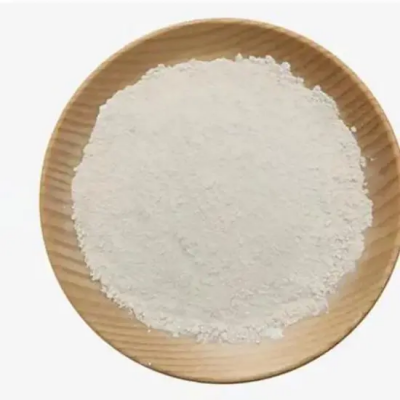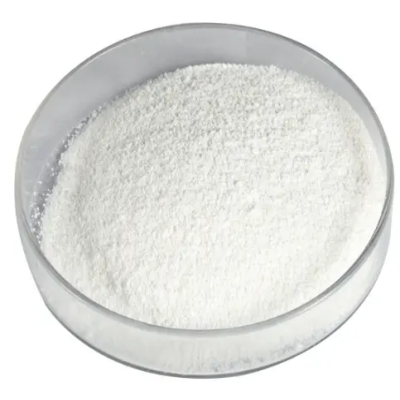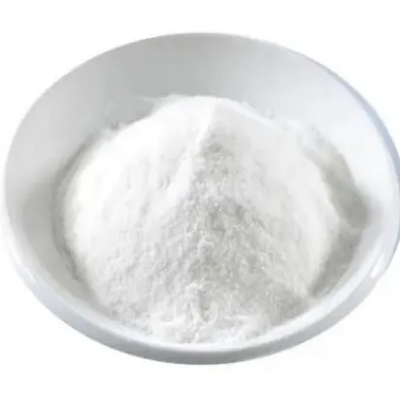Apigenin CAS:520-36-5
Apigenin is utilized for its potential health-promoting effects, including its antioxidative and anti-inflammatory properties. As an antioxidant, apigenin may help combat oxidative stress and protect cells from damage caused by free radicals, potentially contributing to overall cellular health and resilience. Additionally, its anti-inflammatory attributes have sparked interest in its possible role in managing inflammatory processes within the body. Individuals interested in natural approaches to support overall well-being and address inflammation-related concerns may consider incorporating apigenin-rich foods or supplements into their daily routines. Dietary sources of apigenin include parsley, chamomile tea, and certain fruits and vegetables. Alternatively, apigenin supplements are available in various forms, such as capsules or liquid extracts, offering a concentrated source of this bioactive compound. When considering apigenin supplementation, it's important to consult with healthcare professionals, particularly if using it for specific health concerns or in combination with other medications or supplements. Comprehensive discussions with qualified experts can provide insights into appropriate dosages, potential interactions, and personalized recommendations based on individual health contexts. While apigenin holds promise for its potential health benefits, including its antioxidative and anti-inflammatory properties, seeking professional guidance is advisable to ensure safe and effective use within personalized health regimens and to address specific health-related concerns.



| Composition | C15H10O5 |
| Assay | 99% |
| Appearance | white powder |
| CAS No. | 520-36-5 |
| Packing | Small and bulk |
| Shelf Life | 2 years |
| Storage | Store in cool and dry area |
| Certification | ISO. |




![3-[(3-AMINO-4-METHYLAMINO-BENZOYL)-PYRIDIN-2-YL-AMINO]-PROPIONIC ACID ETHYL ESTER CAS:212322-56-0](https://cdn.globalso.com/xindaobiotech/1ZNB2ZF342ZWRNG297.png)




